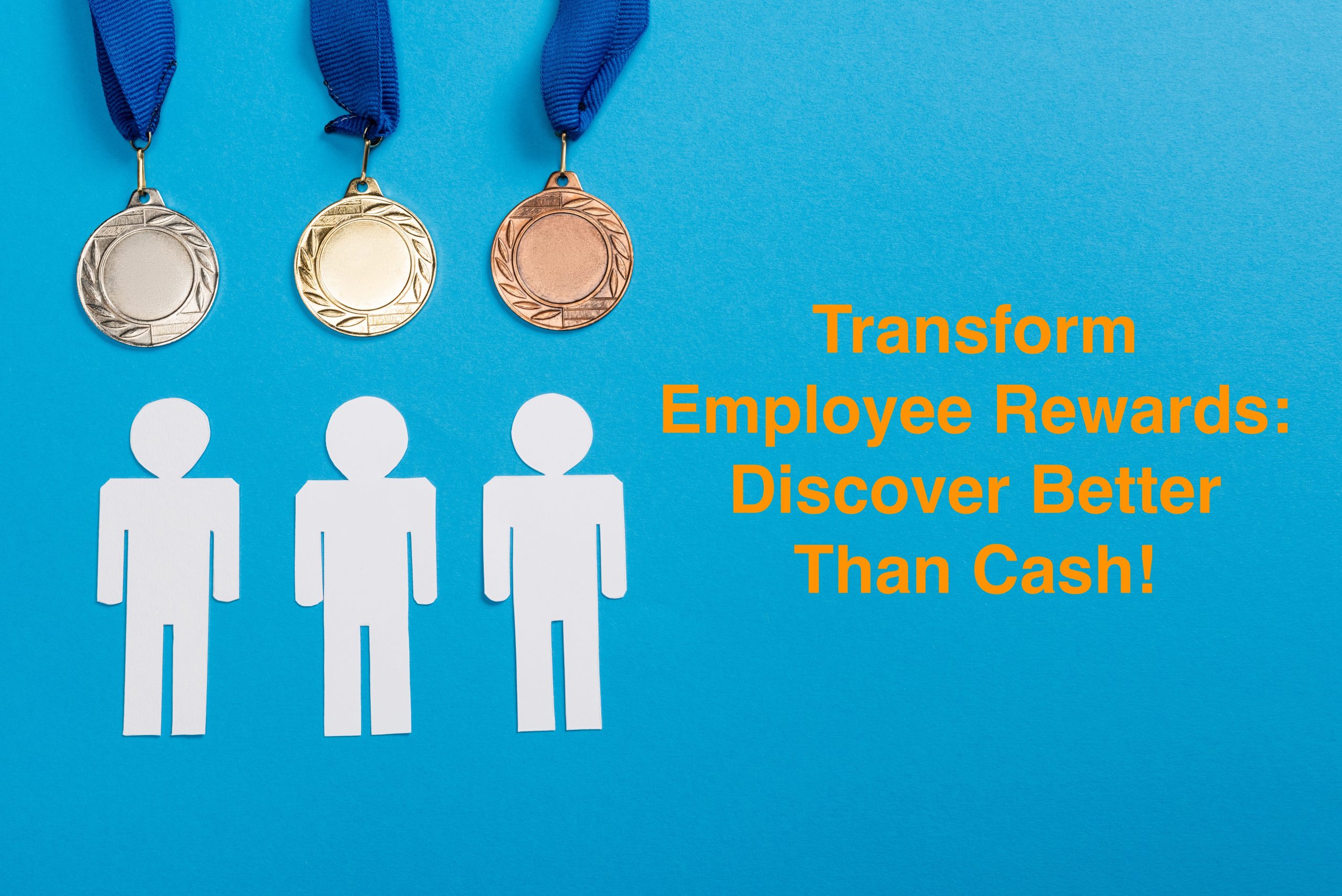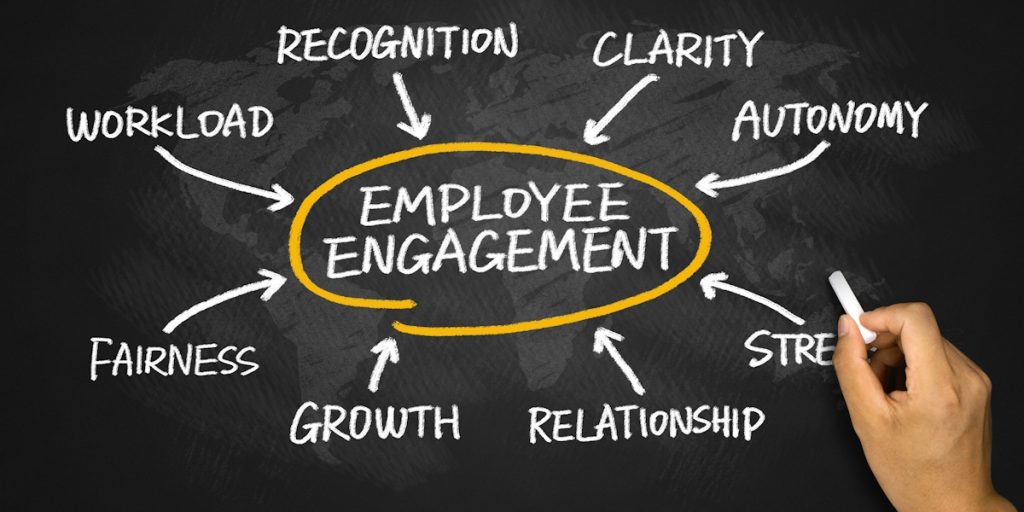In today’s competitive business environment, organizations strive to motivate their employees through various reward systems. However, the challenges of employee rewards are multifaceted, requiring careful consideration to ensure that the rewards offered truly enhance motivation and performance.
Understanding Effective Rewards
Effective rewards are essential for boosting employee morale and driving productivity. When crafted thoughtfully, these rewards can foster a sense of appreciation and loyalty among employees. However, designing a reward system that balances organizational goals and employee expectations is complex. The challenge lies in determining which rewards are most effective and how they align with the company culture.
The Role of Non-Monetary Rewards
Non monetary rewards play a significant role in employee satisfaction. These incentives, such as recognition, professional development opportunities, and flexible working hours, can often provide more substantial motivation than monetary incentives alone. Non-monetary rewards can lead to increased job satisfaction and retention, creating a positive work environment that values employees’ contributions.
Cash vs. Non-Cash Rewards
The debate between cash vs. non-cash rewards continues to be a prominent discussion in HR practices. While cash is straightforward and universally appreciated, it may not always lead to long-term motivation. Money as an incentive can sometimes be perceived as transactional, lacking the personal touch that many employees value.
In contrast, non cash incentives such as gift cards, experiences, or additional vacation days can create a more lasting impression. These rewards often carry a personal element, showing that the organization recognizes individual preferences and contributions. They also encourage employees to engage more deeply with their work, knowing that their efforts are appreciated in unique ways.
The Impact of Money Rewards
Money rewards are undeniably effective in certain scenarios, particularly for short-term goals or when addressing immediate financial needs of employees. However, relying solely on financial incentives can lead to a culture where employees expect monetary compensation for all achievements, potentially diminishing intrinsic motivation.
Balancing Cash Incentives and Nonmonetary Incentives
Organizations face the challenge of balancing incentives of cash with non monetary incentives to create a comprehensive reward system. This balance is crucial to ensure that employees feel valued beyond their paycheck and recognize that their contributions are integral to the organization’s success.
To achieve this balance, companies should assess their workforce’s unique needs and preferences. Surveys, feedback sessions, and regular performance reviews can help identify what types of rewards resonate most with employees. Tailoring rewards to individual or team achievements can enhance their effectiveness and foster a culture of appreciation.
Conclusion
Navigating the challenges of employee rewards requires a nuanced approach that considers both the financial and emotional aspects of motivation. By effectively combining cash with non-cash incentives, organizations can create a robust reward system that not only drives performance but also enhances employee satisfaction and loyalty. Recognizing the importance of both monetary and non-monetary rewards is key to fostering a motivated and engaged workforce. As businesses continue to evolve, adapting their reward systems to meet the changing needs of employees will remain a critical factor in achieving long-term success
Would You Like a Free Consultation to Discover Better Reward Strategies Today!?




